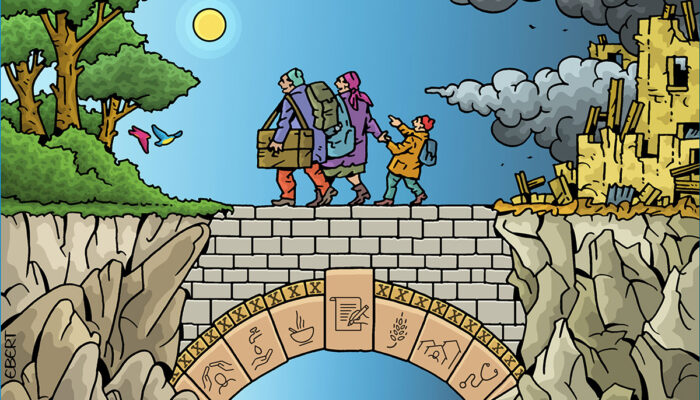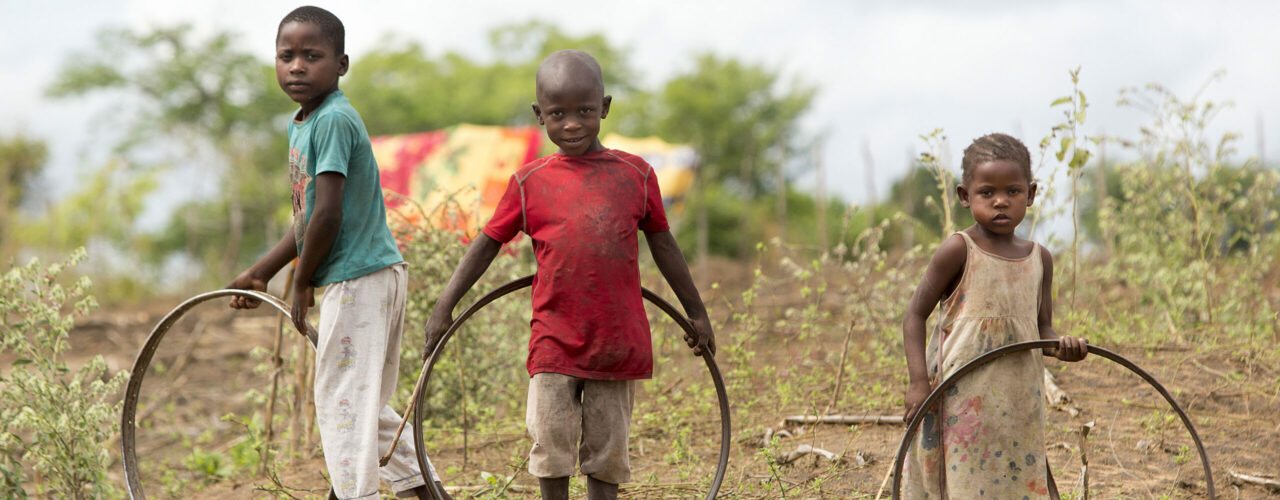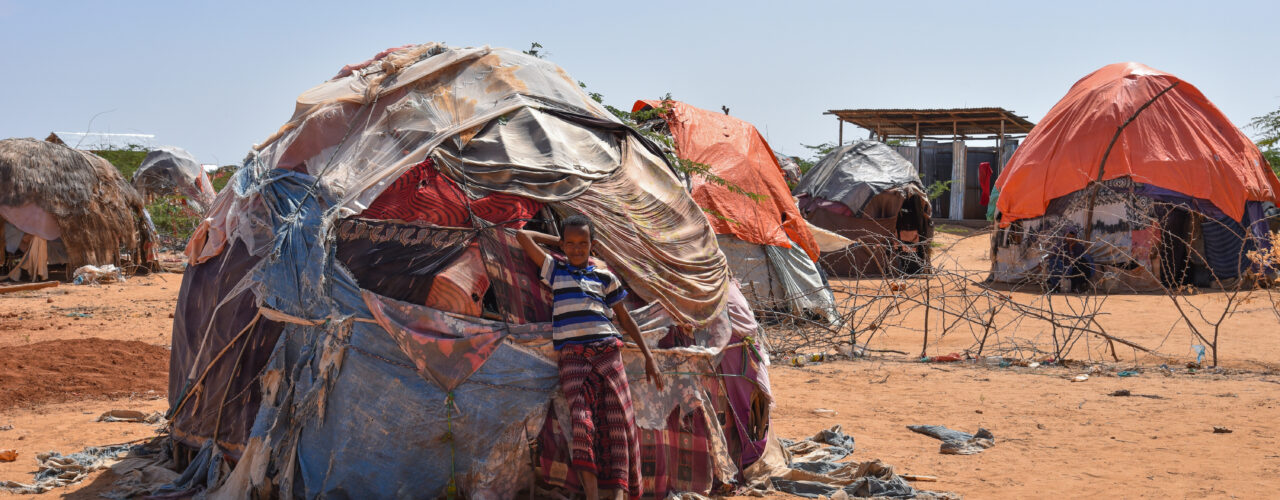Looking back on the Sphere training

Axel: Sphere is our common language as humanitarian workers based on the rights of all people and the experience and evidence collected globally in more than 25 years, since the Rwanda genocide. I think the Humanitarian Charter is the foundation of the Handbook clarifying our role, beliefs, common principles, rights and duties and commitment to work with the capacities of affected people and not only their needs.
Wietske: I joined this course to refocus on the important principles behind our humanitarian work and to take time to reflect on how we do things in the sector.
Susanne: I wanted to enhance my skills and knowledge to strengthen my effectiveness in humanitarian work and learn how to better use the capacities of affected people in responding to wordwide crisis.
I think the Humanitarian Charter is the foundation of the Handbook clarifying our role, beliefs, common principles, rights and duties and commitment to work with the capacities of affected people and not only their needs.
Why is it helpful for humanitarian aid workers to know about the Sphere standards and the handbook?
Axel: It is made for frontline humanitarian workers to improve the quality and accountability of their work. It is full of practical information with a clear and systematic approach.
Wietske: Even though it is quite technical, the knowledge obtained from the book helps when I explain our humanitarian work to donors or the general public.
Willem acknowledges the importance of considering all stakeholders, particularly the people affected, when creating indicators. The Minimum Standards provide comprehensive guidance on ensuring quality. He emphasizes that the Sphere training offers invaluable technical insight, equipping practitioners with tools to assess indicators for measuring outcomes effectively. These standards become indispensable in the field, aiding in evaluating whether interventions meet Sphere standards. Furthermore, they prove beneficial in drafting proposals incorporating indicators like the quantity of clean drinking water delivered

What did you enjoy about the training?
Axel: I enjoy the exchange between all the participants. I really see that “link, learn and connect” is not just a slogan but that a training like this does give space for that. I also love to be around dedicated people who want to make the world a better place.
Wietske: I very much enjoyed the discussion on where we stand on a people-centred approach, especially since it is, and should be, at the core of our humanitarian efforts.
What did the attendees learn during the one-day training?
Axel: A lot. In humanitarian aid, we have to use the capacity of the people we serve and we should not only look at people’s needs. The Sphere Handbook is easy to use and people will instantly be able to use it at all aspects of the project cycle.
Susanne: I think the most important aspect of the training for me was the emphasis on the importance of accountability to affected populations, including mechanisms for feedback, complaints and response. Humanitarian organisations have to help people to claim their rights and make sure we don’t expose them to further harm.
Willem: I never used the appendixes in the Handbook before, they are quite handy as a checklist for assessment forms.
Humanitarian organisations have to help people to claim their rights and make sure we don’t expose them to further harm.
What was the overall response after the training?
Axel: I got very good feedback from the participants who enjoyed the approach: “Tell me and I forget, show me and I might remember, involve me and I learn.”
Susanne: It was an excellent course and I think it should be mandatory on every humanitarian professional development path. If people know how to adhere to the Sphere standards, they contribute to maintaining and improving the quality and accountability of humanitarian responses.
Wietske: If you are quite new to the sector it is very much worth doing this as a basis to understand humanitarian action in general. If you’ve been in the sector for a while it’s a great chance to take some time to reflect and be inspired.
If you are quite new to the sector it is very much worth doing this as a basis to understand humanitarian action in general. If you’ve been in the sector for a while it’s a great chance to take some time to reflect and be inspired.

How can humanitarian workers change their working methods after finishing the training?
Axel: As said before, we have to use the capacity of the people more and must not only look at the needs.
Wietske: I will use the knowledge that I gained during the training to inform donors, and partners, as well as when I have to answer questions from the public, and support fundraising colleagues.
Susanne: The acquired knowledge will be useful in all stages of the humanitarian project cycle and guide how to become more people-centred, even in the most complex humanitarian contexts.
What should be the next step?
Axel: Start using the handbook and its Foundation Chapters and continue to link, learn and connect with the humanitarian community.
I am very eager to put into practice what I learned. I am committed to ensuring that our responses are effective, ethical, and that affected populations know their rights.
